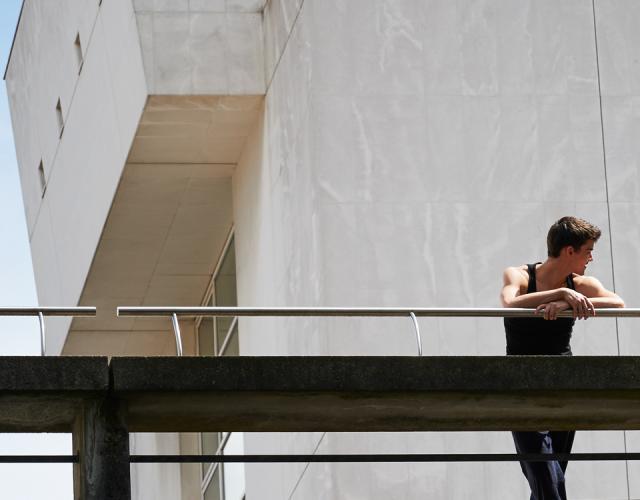
History of music A
INFORMATIONS
-
Objectives and content
To give each student the essential factual knowledge of music history (chronology, main composers, knowledge of the different genres and main forms, works in the repertoire, etc.) and to make them aware of the aesthetic and cultural contexts of the major periods in the history of Western music.
A chronological approach to the history of Western music from the Middle Ages to the present day, organised around ten or so themes, including: musical notation, the development of the orchestra, the notion of virtuosity, the different styles, 20th-century musical trends, lyrical genres, a history of musical language from modality to atonality, the place of the musician in society, a history of instruments and orchestral forces, a history of instrumental genres in the 19th century, historically informed performance, etc.
-
Entrance terms and conditions
This course is compulsory for all student performers in their 1st year ofundergraduate studies. Students who are minors and still enrolled in school may defer the course for another year.
To be exempted from this course, students must take an exemption test organised at the beginning of September. Pupils who do not pass the test are automatically assigned to this course.
Non-French-speaking students enrolled in FLE must also enrol in the same year for the French for Specific Purposes course applied to the History of Music A (see FLE study path).
EXEMPTION EXAM
A written test (duration: 2 hours) at the beginning of the school year- Twelve auditory identifications of short extracts representative of different styles and periods;
- The creation of a chronological frieze based on elements given without dates (names of composers, works in the repertoire, musical events).
-
Assessment terms and conditions
CONTINUOUS ASSESSMENT / EVALUATION
Assessment is based entirely on continuous assessment:
- Two written examinations (50% of the assessment).
- A minimum of six exercises (50% of the assessment): oral presentations and written work (testing knowledge, auditory identification, comparison of interpretation, commentary on an opera, presentation of one's instrument, etc.).
-
Duration of studies
1 year (1 hour weekly)
-
Reward
Attestation
-
Erasmus
No


